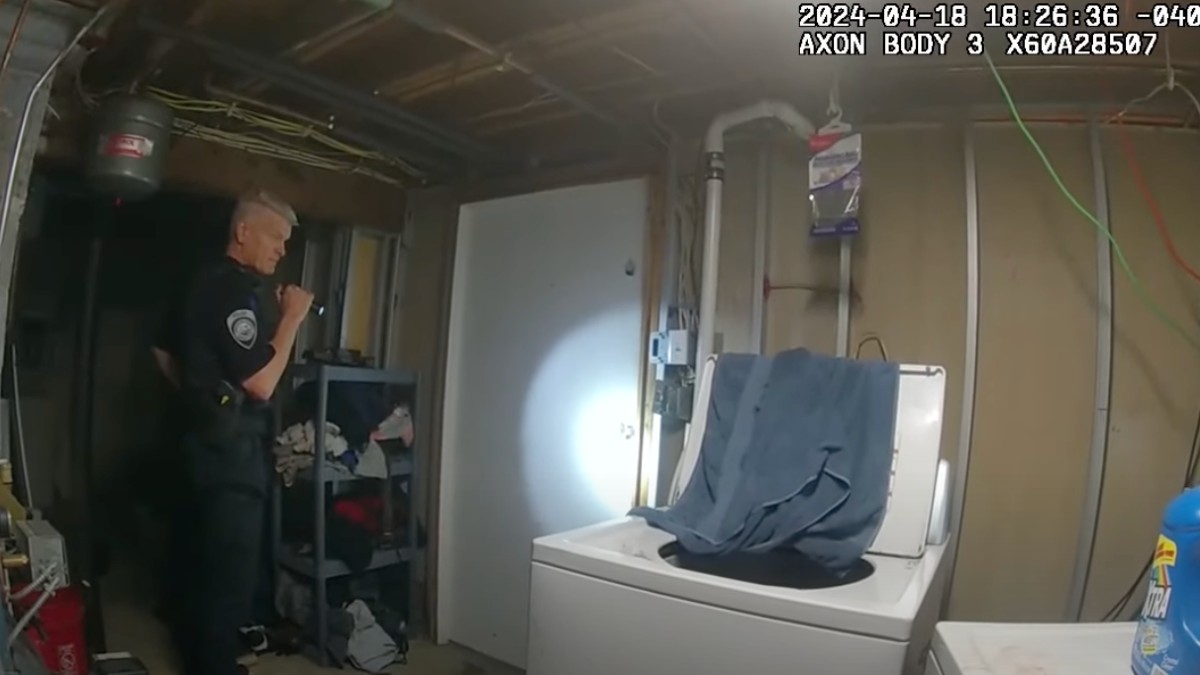It’s been 10 years since medical marijuana was legalized in Connecticut. In that time, the state has been helping patients get the medicine they need. But advocates also say Connecticut can still do better.
Since 2014, the organization Americans for Safe Access has graded states on whether their laws provide safe and legal access to medical marijuana users.
In its most recent report, ASA gave Connecticut a C grade based on the laws in effect as of Dec. 31, 2021. And no, C doesn’t stand for cannabis.
ASA said the current $100 fee for a medical marijuana registration is too much.
Get Connecticut local news, weather forecasts and entertainment stories to your inbox. Sign up for NBC Connecticut newsletters.
“They have the cost of physicians visits specifically to get a physician recommendation for medical cannabis. And then they have a registration fee, which Connecticut does have on the higher end of the registration fees that we've seen across the country. So they have to pay that. And in Connecticut, their registration is only valid for a year,” said Abby Roudebush, Director of Government Relations for Americans for Safe Access.
Starting in July 2023, Connecticut’s registration fee will go down to zero.
The report also gives Connecticut negative marks for having little or no laws requiring medical marijuana worker training, from cultivation to manufacturing and testing to counter sales, according to ASA.
Local
“It's really important to have some kind of training for them. So they understand how to ensure that the product is safe, and that it remains safe from the moment that seed is planted to the moment a patient consumes it,” Roudebush said.
The Department of Consumer Protection, which oversees the state’s Medical Marijuana Program, said it has a model program for cannabis product safety and workers in the labs it uses must be trained in order to be certified.
“The real challenge here is that no one state has gotten it completely right,” said Lou Rinaldi with the National Craft Cannabis Coalition.
Rinaldi said moves like increasing the allowable mold and yeast levels in medical marijuana give him pause.
“(Connecticut) used to have very strict rules: 10,000 colony forming units (CFU) per gram of total yeast and mold. And now we're allowing 1 million (CFU/g). And then they just had a legislative session in which they changed the regulations to lower it back down to 100,000 (CFU/g). But that's still 10 times the amount that it was earlier. And it's also 10 times the limit that's allowable in Massachusetts, for both recreational and medicinal cannabis,” he said.
The report isn’t all bad though. Connecticut received high marks in the areas of Health and Social Equity, Consumer Protection and Product Safety, and Patient Rights and Civil Protections.
“I think it’s helpful information for us as policymakers to be able to review it, and also place it in the context of what other states are doing as well,” said Rep. Jason Rojas (D- East Harford), who helped write Connecticut’s cannabis laws.
Rojas pointed out that Connecticut fared better than several other states in the report, many of which got Ds and Fs. Illinois (B-) and Maine (B+) received the best grades.
“It seems to me that we have good standards in place that says there's appropriate oversight from the Department of Consumer Protection and others at the state level, to try to ensure that a safe product is being put out there,” he said.
Further, DCP has said the ASA grading contains inaccuracies regarding access to medicine, lab operations and product safety.
ASA acknowledged several errors, noting it reached out to Connecticut’s Medical Marijuana Program manager both before and after its report was issued, and received no response. However, Roudebush said corrections to those errors would not have been enough to change our state’s score. The group plans to release an update early next year.



